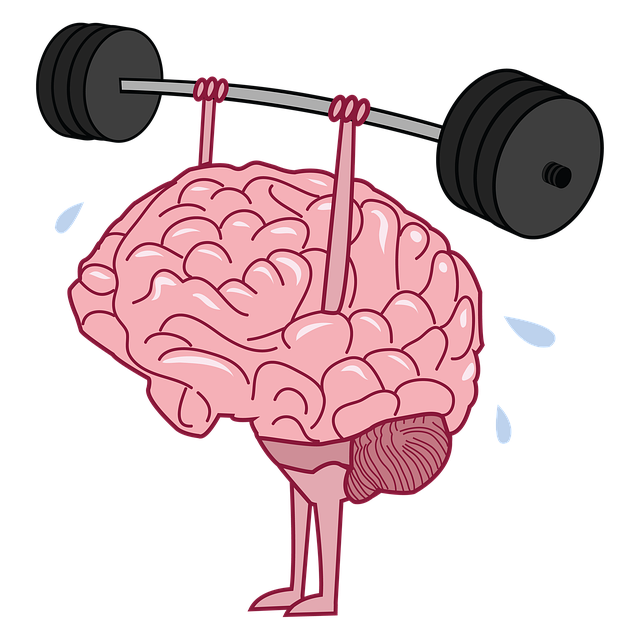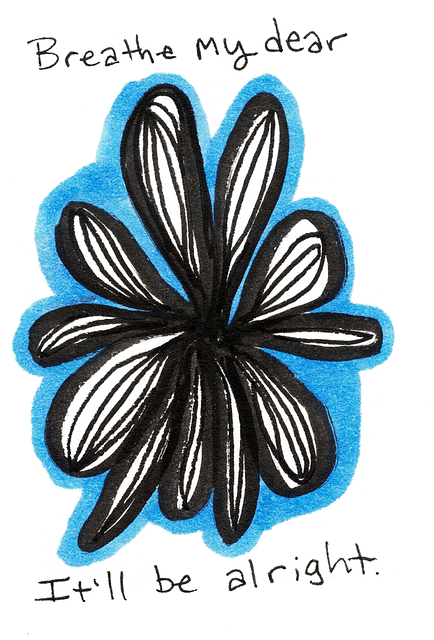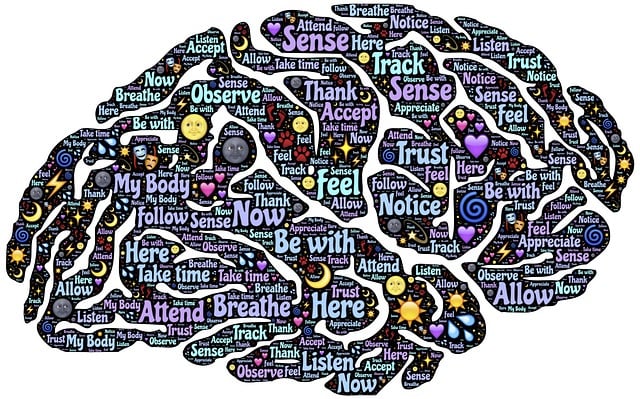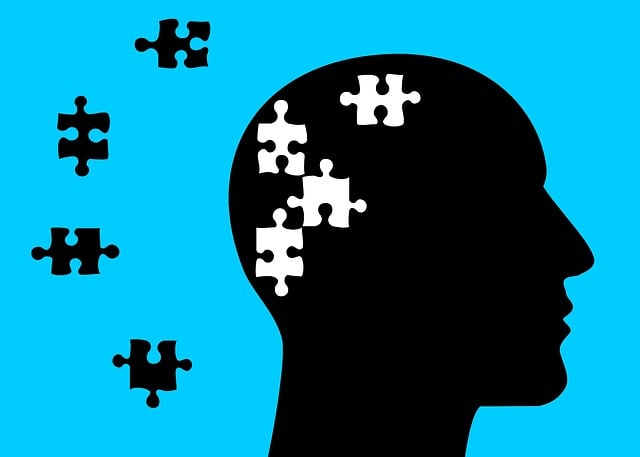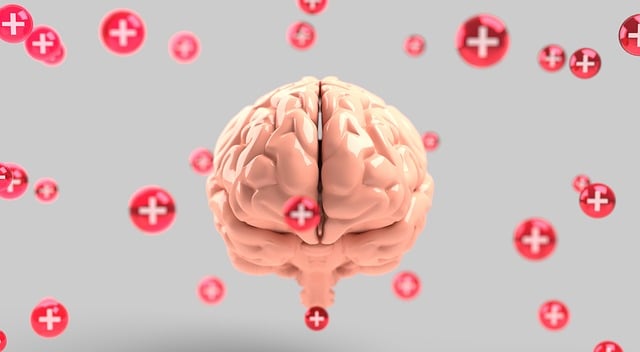Englewood International Adoptions Therapy (EIAT) offers culturally sensitive mental healthcare, addressing the unique challenges faced by individuals and families who have adopted children from diverse international backgrounds. Through emotional intelligence, community outreach, and stigma reduction initiatives, EIAT creates inclusive environments that validate cultural perspectives, promote healing, and enhance outcomes. By integrating traditional healing practices and evidence-based programs, they provide tailored support, improving communication, trust, and overall well-being for diverse clients. This approach not only benefits patients but also reduces healthcare provider burnout and increases access to mental health services through global awareness campaigns.
Cultural sensitivity is a cornerstone in modern mental healthcare, ensuring equitable and effective treatment for diverse populations. This article explores the vital concept of cultural sensitivity in mental health practice, drawing insights from case studies like Englewood International Adoptions Therapy. We’ll delve into strategies to foster cultural competence and examine how this approach significantly improves treatment outcomes. Understanding cultural nuances is key to providing sensitive, tailored care that respects and embraces individual identities.
- Understanding Cultural Sensitivity in Mental Health Care
- Englewood International Adoptions Therapy: A Case Study
- Strategies for Culturally Competent Practice
- The Impact of Cultural Sensitivity on Treatment Outcomes
Understanding Cultural Sensitivity in Mental Health Care

Understanding Cultural Sensitivity in Mental Health Care is a crucial aspect of providing effective treatment to a diverse range of clients. At Englewood International Adoptions Therapy, we recognize that cultural background plays a significant role in shaping an individual’s mental health experiences and expressions. Every client brings their unique perspective, values, beliefs, and traditions into the therapy room, which can greatly influence their approach to seeking help. Cultural sensitivity involves recognizing and appreciating these differences, while also ensuring that care is tailored to meet each person’s specific needs.
By integrating Emotional Intelligence and implementing Community Outreach Program initiatives, we strive to bridge any gaps between diverse communities and mental healthcare services. Mental Illness Stigma Reduction Efforts are at the heart of our practice, as we work diligently to create a safe and inclusive environment where clients feel comfortable exploring their mental health concerns without fear of judgment or discrimination. Through these efforts, we aim to foster understanding, promote healing, and ultimately improve outcomes for all individuals seeking support.
Englewood International Adoptions Therapy: A Case Study

The Englewood International Adoptions Therapy (EIAT) serves as a compelling case study illustrating the importance of cultural sensitivity in mental healthcare. This specialized therapy program is designed to support individuals and families who have adopted children from diverse international backgrounds, helping them navigate unique challenges related to acculturation, trauma, and identity. By recognizing and addressing these specific needs, EIAT promotes improved mental well-being and successful adjustment for both adoptive parents and adoptees.
Through its nuanced approach, the therapy program facilitates the development of effective coping strategies, enhances family dynamics, and fosters a sense of belonging. Participants learn valuable self-care practices to manage mood and anxiety, while also exploring cultural integration as a means to build resilience. By prioritizing cultural sensitivity, EIAT ensures that mental healthcare is accessible and tailored to the unique experiences of adoptive families, ultimately contributing to lasting positive outcomes in their journeys of adaptation and growth.
Strategies for Culturally Competent Practice

Cultural sensitivity is a cornerstone of effective mental healthcare, especially when working with diverse populations. To foster culturally competent practice, therapists at Englewood International Adoptions Therapy utilize various strategies. These include actively listening to and validating clients’ cultural perspectives, incorporating their traditional healing practices where appropriate, and tailoring therapy sessions to respect individual beliefs and values.
Englewood’s approach goes beyond basic awareness; it encourages the development of coping skills tailored to each client’s cultural context. This may involve teaching stress management techniques adapted from evidence-based programs like those offered by Stress Management Workshops Organization or integrating cultural activities that promote self-esteem improvement, reflecting the multifaceted nature of well-being across different communities.
The Impact of Cultural Sensitivity on Treatment Outcomes

Incorporating cultural sensitivity into mental healthcare practices significantly enhances treatment outcomes, especially for diverse populations. This approach recognizes and respects individuals’ unique cultural backgrounds, values, and beliefs, fostering an environment that encourages open communication and trust. For instance, the Englewood International Adoptions Therapy program emphasizes cultural competence, tailoring interventions to meet the specific needs of adoptees from various cultural origins. By understanding the impact of cultural factors on mental health, therapists can avoid inadvertently causing distress or perpetuating stereotypes that may hinder progress.
Cultural sensitivity plays a pivotal role in preventing burnout among healthcare providers themselves, particularly when working with at-risk communities. Mental Health Awareness public awareness campaigns can educate both professionals and the general public about the importance of culturally responsive care, reducing potential barriers to access. This holistic approach not only benefits individual patients but also contributes to broader community well-being by increasing public awareness and support for mental health initiatives, as highlighted in successful Public Awareness Campaigns Development efforts worldwide.
Cultural sensitivity in mental healthcare is a vital aspect of providing effective treatment, as evidenced by the Englewood International Adoptions Therapy case study. By understanding and incorporating strategies for culturally competent practice, professionals can significantly improve treatment outcomes. Recognizing and respecting diverse cultural beliefs and values not only enhances patient care but also fosters better community engagement. The impact of cultural sensitivity extends beyond individual cases, revolutionizing mental healthcare practices globally and ensuring that support is tailored to meet the unique needs of every client.



